
A Case For Dreaming
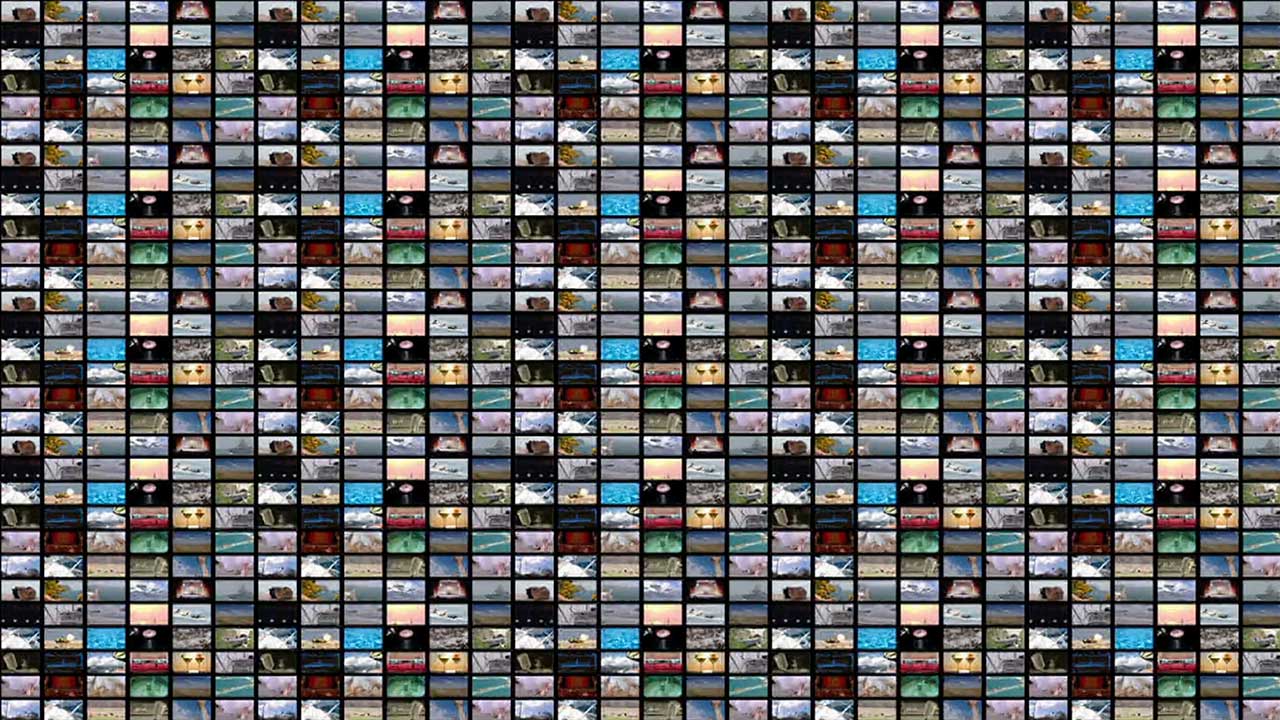
Technology Shabbats
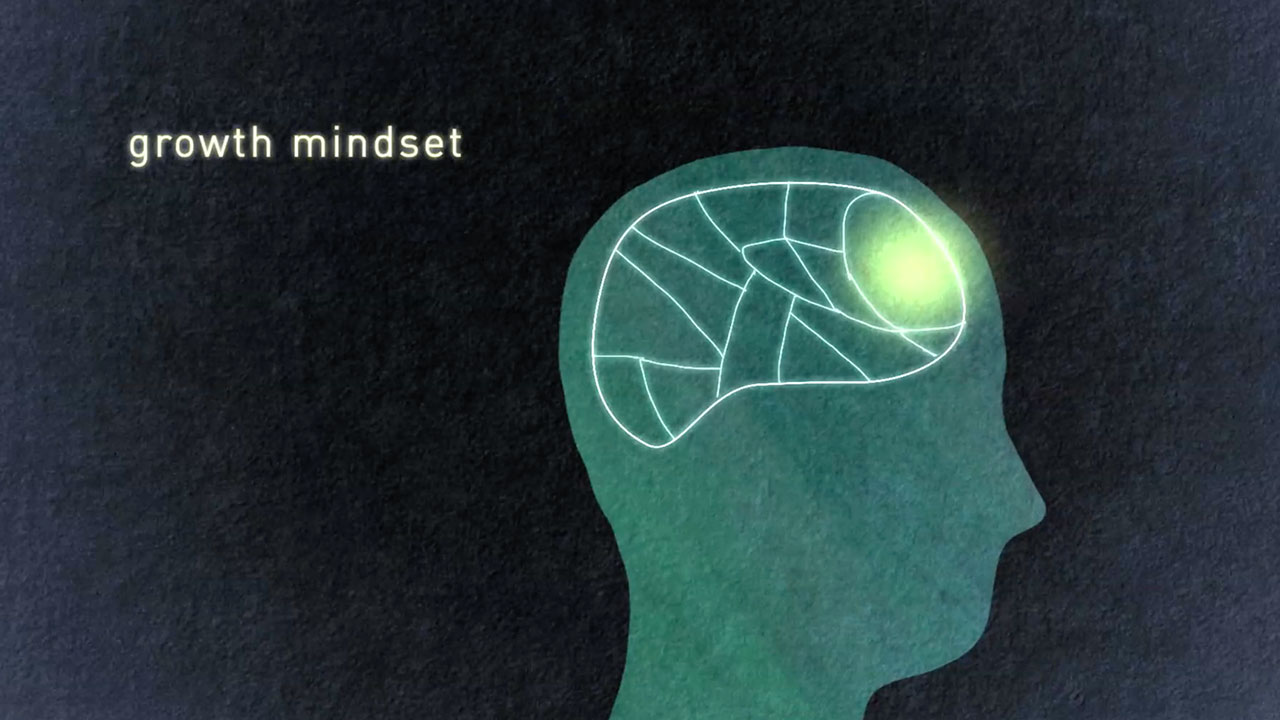
The Science of Character
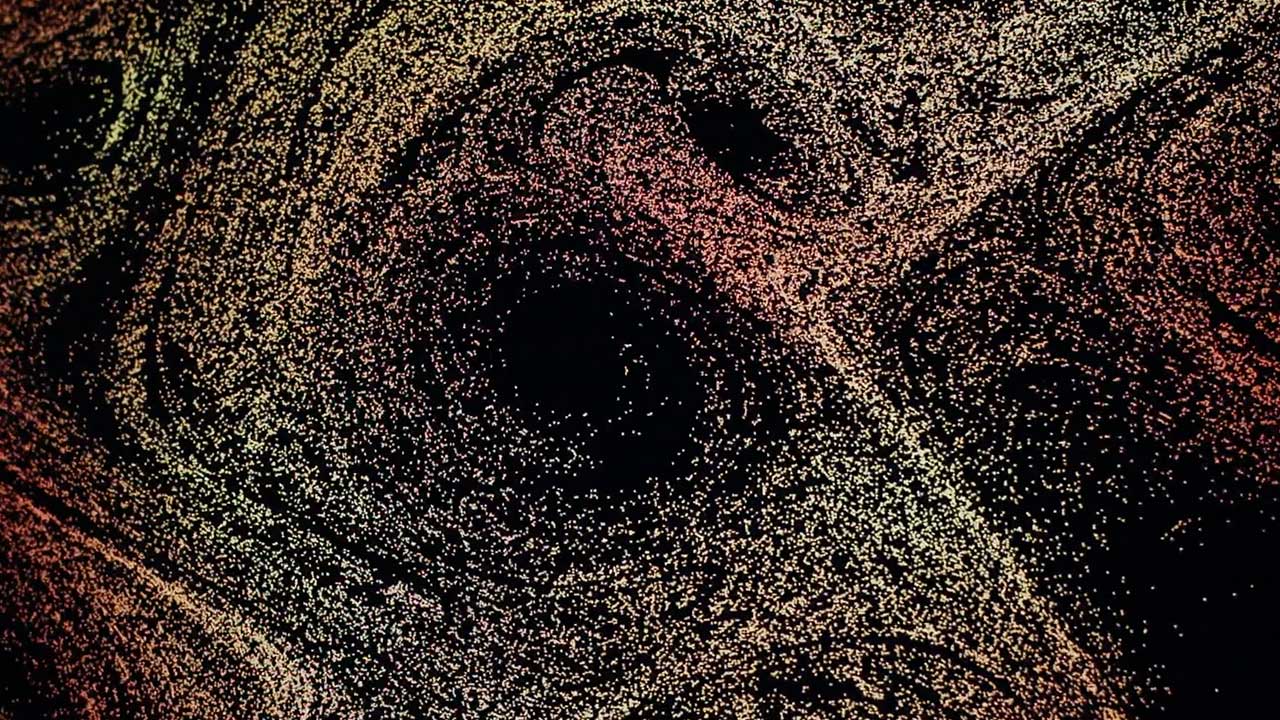
The Adaptable Mind
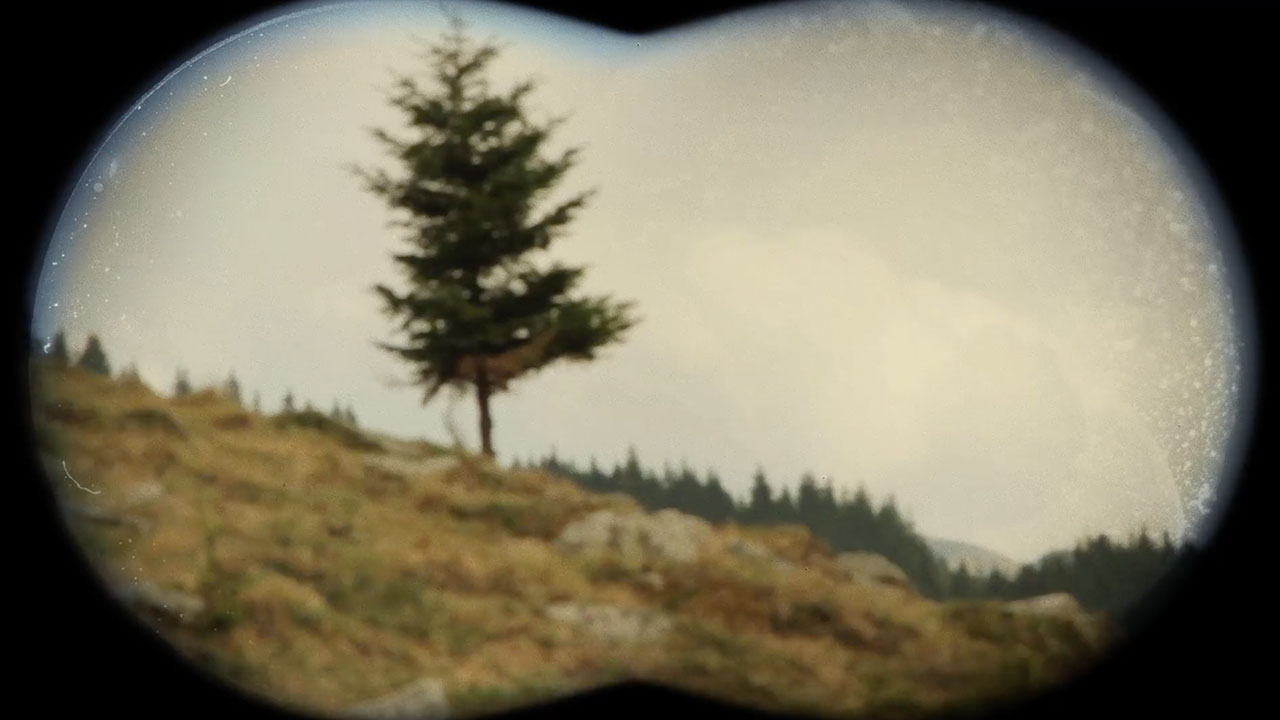
30,000 Days: Living Life with Meaning & Purpose
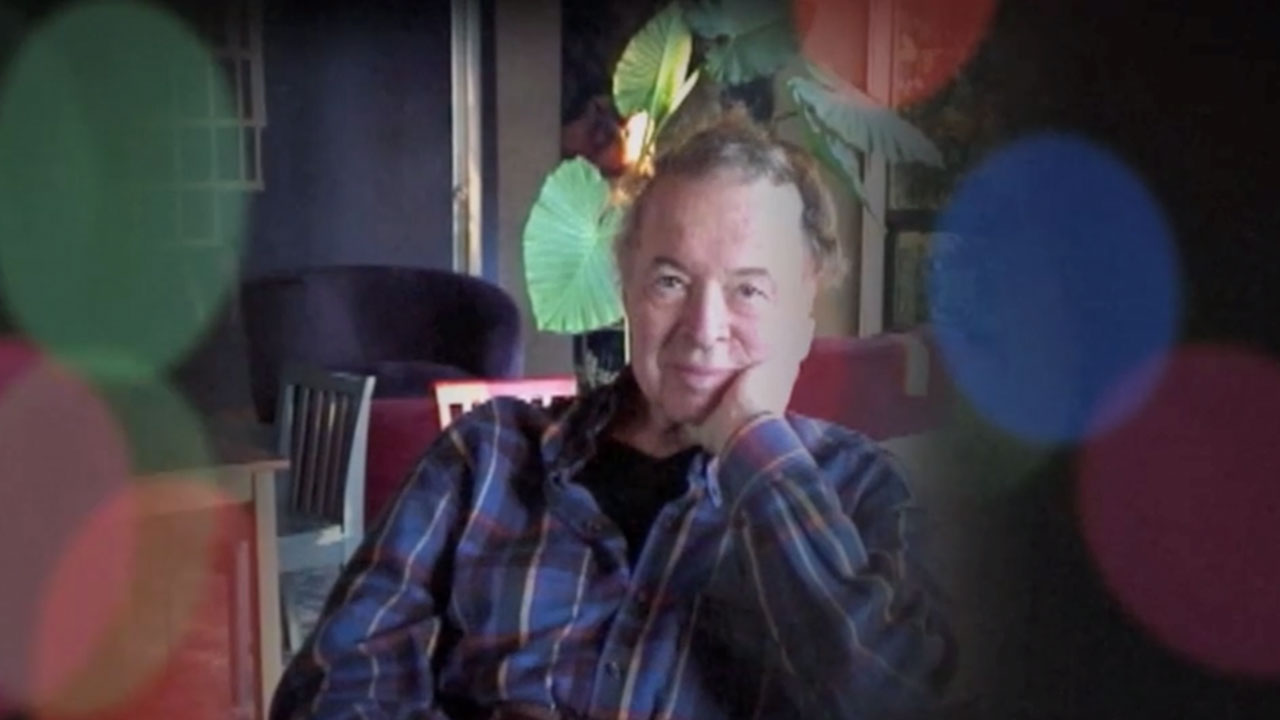
The Future of Our Species
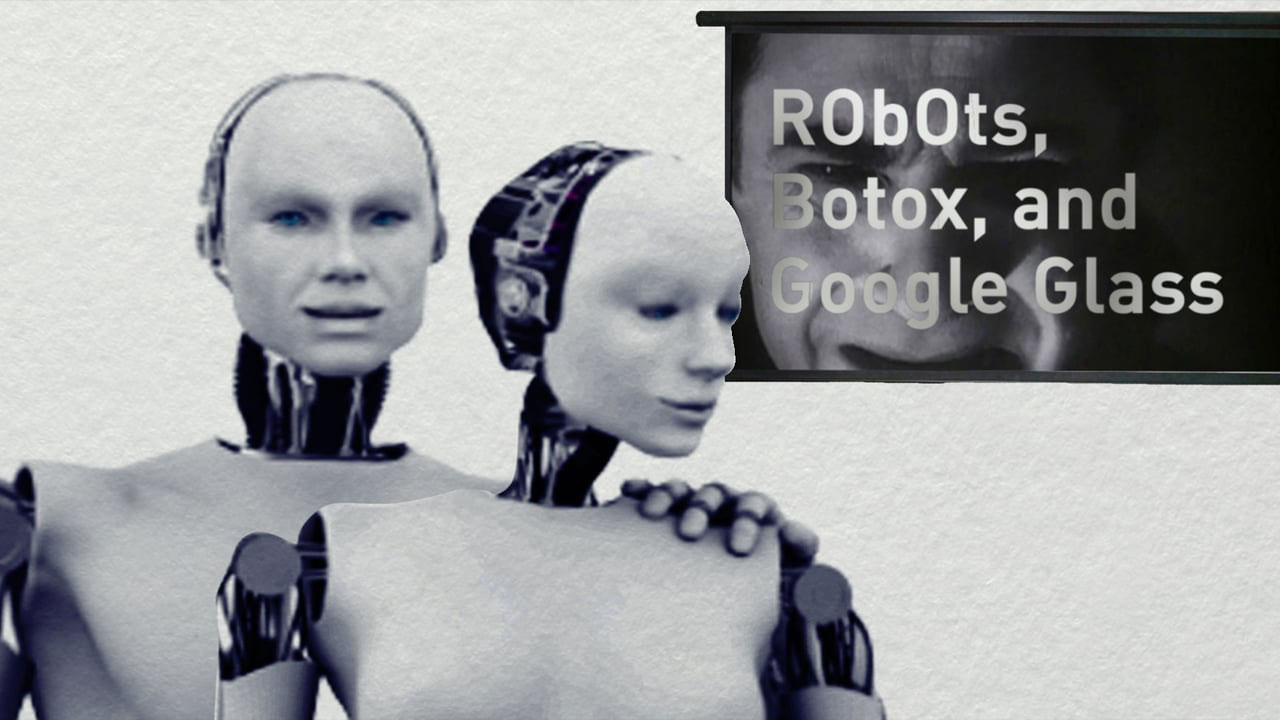
Robots, Botox, & Google Glass
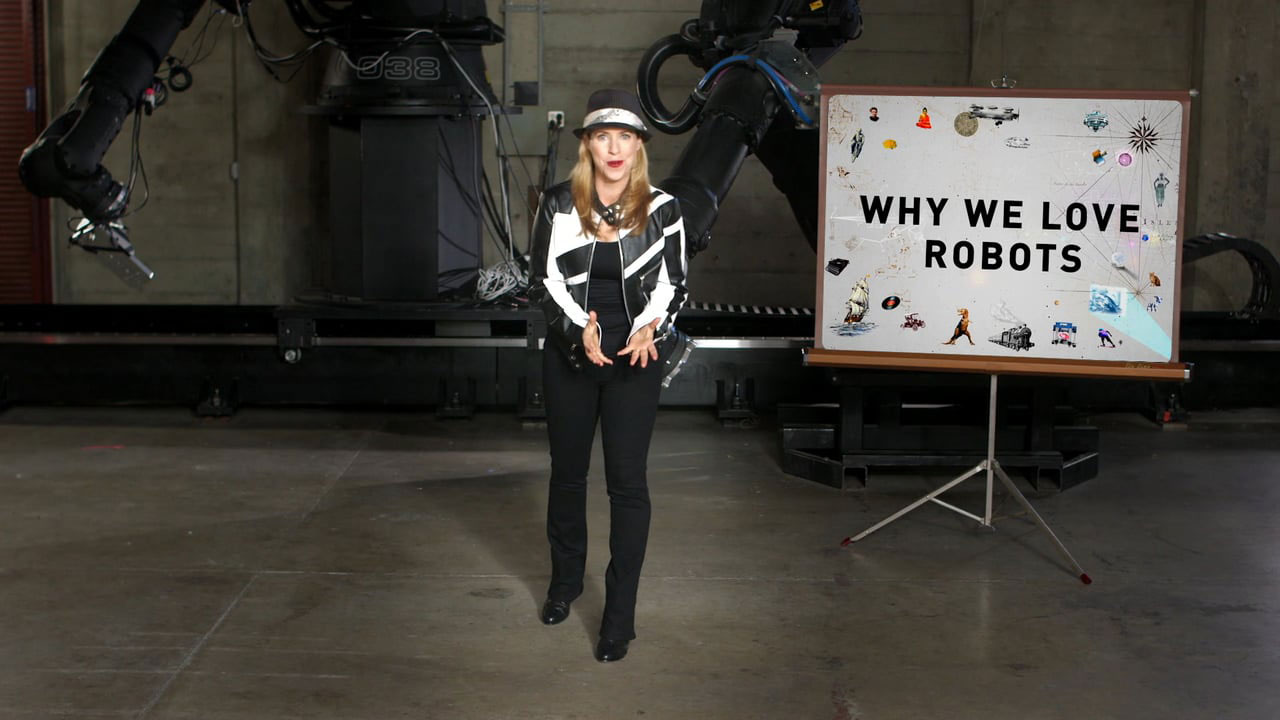
Why We Love Robots
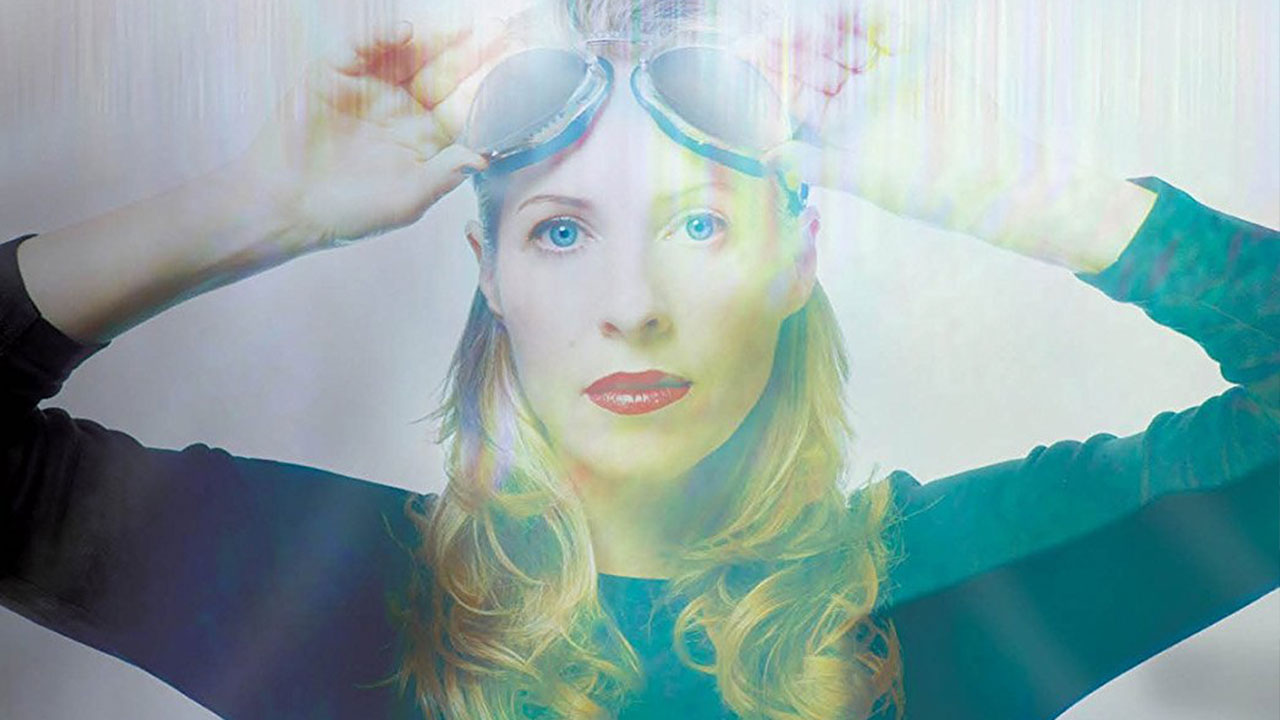
Connected: An Autoblogography about Love, Death & Technology
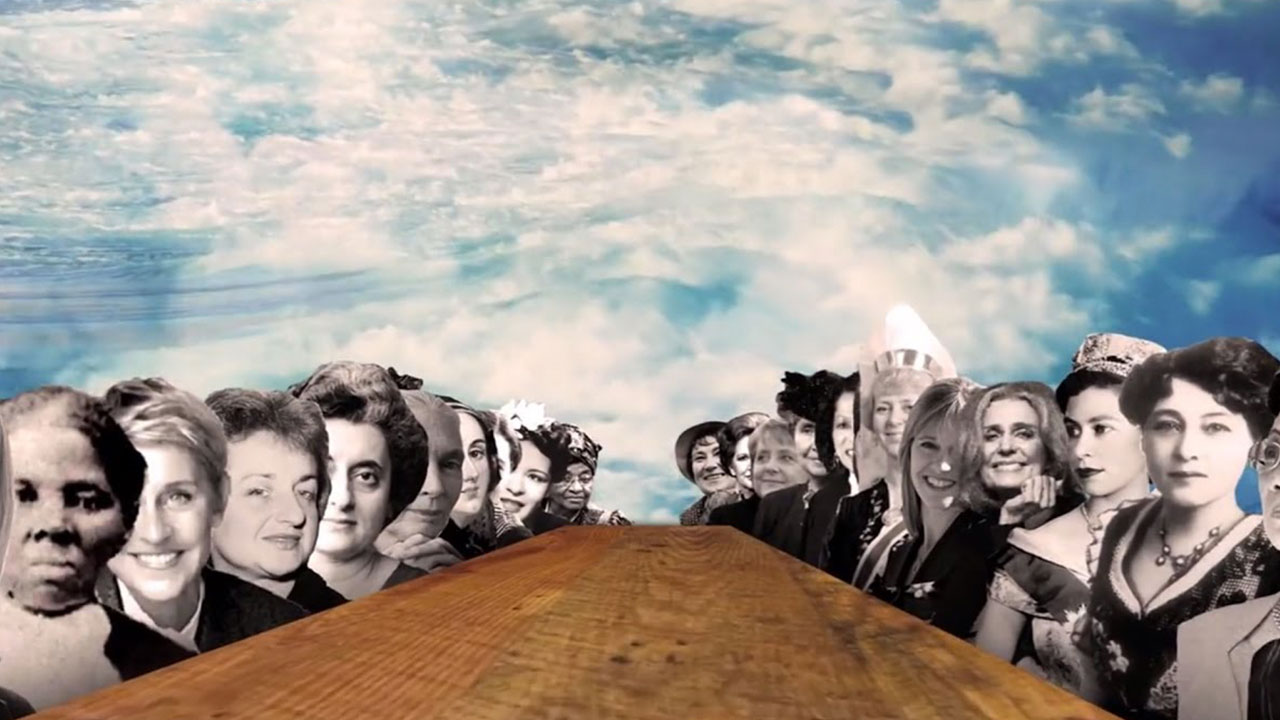
50/50: Rethinking the Past, Present & Future of Women + Power
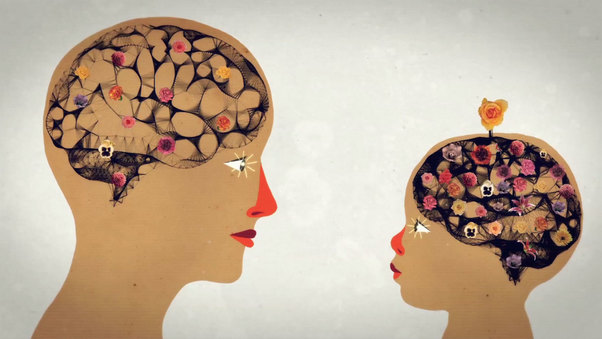
Brain Power: From Neurons to Networks
In today's day and age there is a lot of noise, and it is unrelenting. Sometimes that noise bubbles to a decibel that drowns out common sense (the latest election being a case in point); rationale becomes muted, an iPhone alert in a room of grandfather clocks. To make oneself heard, one must be tactical, entering into the noise sideways, capturing attention by virtue of being different. Sadly in this century, being different may be as strategically simple as being optimistic.
Vociferous and prolific, Tiffany Shlain, filmmaker and co-founder of the International Academy of Digital Arts and Sciences, has entered the grumble of topical wars with the energetic hopefulness of someone who believes in the sunnier side of human nature. At a time when most are more likely to default to anger or despair, her videos are bright, curious, and meticulously designed to engage viewers in a way that lifts them out of the half empty glass. Her body of work is wide-reaching, consisting of “cinematic thought-essays” that typically have a run time of under 20-minutes. Connected: An Autobiography About Love, Death, and Technology is her first feature documentary and wrestles with the primary theme of most her films: the good, the bad, and the potential of technology. These musings are delivered by Shlain, sometimes alongside her Professor-of-Robotics-husband, Ken Goldberg, and are often supported by research in neuroscience, sociology, and cinema studies, among a variety of other disciplines.
Using a hybrid of animation, field footage, and old film clips, Shlain challenges viewers to scrutinize what it means to grow up in this century. What is it about robots that’s so enticing? Why do I hate my Sims when they become more lifelike? And what does Leonardo da Vinci have to do with where our species is headed?
Possibly the most remarkable feat of all is her commitment to furthering engagement with her videos past the point of passive viewership. In preparation for the premiere of her film “50/50”, which agitates for women’s rights by looking at female leaders who have impacted history, Shlain and her team prepared discussion materials that were then distributed among the thousands of screenings that took place this past May.
More recently, she has joined a community of innovators, artists, scientists, and visionaries to contribute to the world’s first 3D-printed book: Genius: 100 Visions of the Future, by designer Ron Arad. At some point between filmmaking, coordinating empowering events, caring for her family, and meeting her basic needs, Tiffany Shlain found a few moments to answer our questions.
This interview was conducted on September 12th, 2017.
Firstly, artistic statement? Your films often incorporate a mix of animation and field footage. How has your filmmaking style changed throughout the years and what new methods are you excited to try?
The biggest way that it has changed is that I never used to be in my films. I usually had someone else narrate them. Then with my feature documentary Connected: An Autoblogography about Love, Death & Technology, I realized I really needed to narrate part of the film. I did one half, and Peter Coyote did the other half. That was a big breakthrough with me—owning my voice and my perspective. Now I narrate and usually always appear briefly at the beginning to be very clear that this is my perspective on something.
How do you workshop ideas for your films? At any given time I'm sure you have a lot of topics on the backburner--how do you decide which one to pursue and which to shelve?
The films I make are usually something I am trying to figure out and I have a burning curiosity about it.
In your career, you've investigated a wide range of social issues, from reproductive rights to the Jewish identity to the impact of technology and now on the state of women leadership around the globe.
Yes, we are now planning our next 50/50 Day set for April 26, 2018, and Character Day is September 13th, 2017. We currently have over 114,000 groups scheduled to host screenings/discussions to premiere our new film "30,000 Days" in all 50 states and 109 countries. We are very excited about the scale of this model of having people around the world focus on a single topic and premiere a film together and go deep on the subject. The new 10-minute film is a 3000-year history of asking questions about living with meaning and purpose.
What is the next conversation people should be having?
Our country is more divided than I have ever felt. We need to remember the things that connect us.
Films of Tiffany Shlain
30,000 Days (11 min)
The film explores the 3,000 year history of humans wrestling with the question of how to live life with meaning and purpose. See speakers talk about the ideas in the film here.
50/50: Rethinking the Past, Present & Future of Women + Power (20 min)
50/50 gives the 10,000 year history of women + power — from setbacks and uprisings, to the bigger context of where we are today. Using her signature, cinematic-thought-essay style, Emmy-nominated filmmaker & founder of The Webby Awards Tiffany Shlain brings us on an electric ride to explore, where are we really on the greater arc of history of women and power? And what’s it going to take to get to a #5050 world — not just politics and board rooms, but truly shifting the gender balance to be better for everyone.
The Adaptable Mind (11 min)
The Adaptable Mind explores the skills we need to flourish in the 21st Century. The film begins with a question to the world through social media: what’s a great example of a 21st century mind in action? Of the hundreds of inspiring stories that flooded in one stood out: Los Angeles-based professor and artist, Mary Beth Heffernan, was listening to coverage of the Ebola epidemic in West Africa and how isolating and traumatic it must be for patients to interact only with hazmat suits for weeks on end. She thought, “What if they put pictures of their faces on the front of the suits?” Thousands of letters, grants, and hurdles later, Mary Beth’s story reveals that while there is a lot of fear that technology is displacing our jobs, the skills we need most in the 21st Century—curiosity, creativity, taking initiative, multi-disciplinary thinking, and empathy—are skills that only humans have.
The Science of Character (8 min)
The Science of Character explores the neuroscience and social science that proves that we can shape who we are, and who we want to be in the world.
Brain Power (11 min)
Based on new research on how to best nurture children’s brains from Harvard University’s Center on the Developing Child and University of Washington’s I-LABS, "Brain Power" explores the parallels between a child’s brain development and the development of the global brain of Internet, offering insights into the best ways to shape both. Made through a new crowd-sourcing creativity process the Moxie team calls Cloud Filmmaking, "Brain Power" was created by putting into action the very ideas that the film is exploring: the connections between neurons, networks, and people around the world.
Connected (80 min)
Have you ever faked a restroom trip to check your email? Slept with your laptop? Or become so overwhelmed that you just unplugged from it all? In this funny, eye-opening, and inspiring film, director Tiffany Shlain takes audiences on an exhilarating rollercoaster ride to discover what it means to be connected in the 21st century. From founding The Webby Awards to being a passionate advocate for The National Day of Unplugging, her love/hate relationship with technology serves as the springboard for a thrilling exploration of modern life and our interconnected future. Equal parts documentary and memoir, the film unfolds during a year in which technology and science literally become a matter of life and death for the director. As Shlain’s father battles brain cancer and she confronts a high-risk pregnancy, her very understanding of connection is challenged. Using a mix of animation, archival footage, and home movies, Shlain reveals the surprising ties that link us not only to the people we love but also to the world at large. A personal film with universal relevance, Connected explores how, after centuries of declaring our independence, it may be time for us to declare our interdependence instead.
Technology Shabbats (5 min)
If you're interested in exploring more about Technology Shabbats, Tiffany has also written several pieces about the experience.
Why We Love Robots (5 min)
Why We Love Robots was honored with the "Best Educational Film" from the 2014 Robot Film Festival. You can check out more of Ken's work in robotics, art, and more at goldberg.berkeley.edu.
A Case For Dreaming (6 min)
What happens in our brains when we're daydreaming? This episode is a dream-like ride that explores the science behind why, as we rush into the future, it's more important than ever to let our minds wander.
Robots, Botox, and Google Glass (5 min)
Know that feeling when you search for something online and all of a sudden ads are popping up about it? That creepy feeling has a name. Professor of Robotics Ken Goldberg tells us all about it.
The Future of Our Species (5 min)
Five years after Tiffany's father, best-selling author Leonard Shlain, passes away, his final book is finally published. Sharing the story of the book's publication and building off the ideas in her father's book, this episode also explores Tiffany's ideas about where the future of our species is headed.